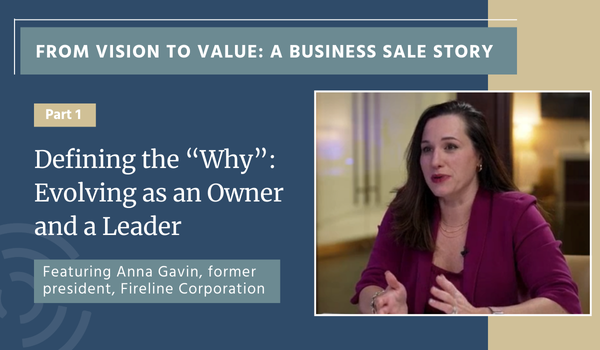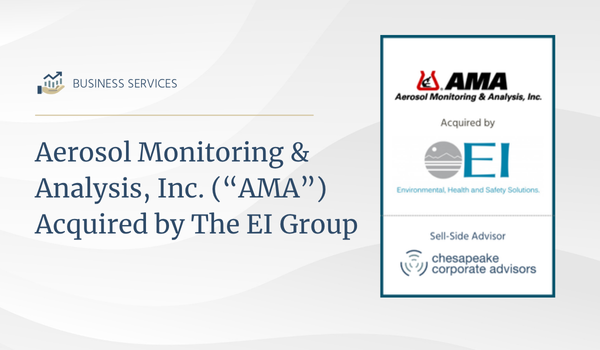For many entrepreneurs, cash is king. Managing cash flow effectively can make or break a business. It ensures bills are paid on time, salaries are met, and opportunities can be seized. However, when it comes to M&A, cash alone does not tell the full story.
In M&A transactions, the focus shifts from cash to a broader view of a company’s financial health. Net Working Capital (“NWC”) is closely scrutinized, as it is a key indicator of a company’s operational efficiency and its ability to keep the business adequately funded. It’s calculated as the difference between a company’s current assets (like accounts receivable and inventory) and its current liabilities (like accounts payable). Here’s the intriguing part: NWC in M&A typically doesn’t include cash in the calculation. While cash is undoubtedly important, it’s often considered a non-operational asset, and owners get to keep the cash on the balance sheet at closing.
Many sellers care deeply about NWC because it can impact the amount of proceeds at the closing table, as M&A agreements have a working capital adjustment mechanism. This ensures that the business is handed over with a predefined level of NWC. If the actual NWC at closing is higher or lower than this predefined level, the purchase price will be adjusted accordingly.
The core reason for a purchase price adjustment mechanism related to NWC is to ensure that the buyer receives a business that is “in the ordinary course of business” with respect to its working capital. This means the business can continue to operate without the need for an immediate infusion of additional capital post-acquisition.
Before closing the deal, both the buyer and seller agree upon a target or baseline NWC, which is often based on the historical average working capital of the target company. This target ensures that the business will have sufficient liquidity to meet its short-term obligations post-acquisition.
At the time of closing, the actual NWC of the target company is calculated and compared to the agreed-upon target or baseline. If the actual NWC is higher than the target, the purchase price will be increased in favor of the seller. Conversely, if the actual NWC is lower than the target, the purchase price will be reduced in favor of the buyer.
The adjustment mechanism protects both parties. For the buyer, it ensures that they do not overpay for a company that has drained its working capital before closing. For instance, if a seller were to collect all its receivables but not pay its payables, the NWC would decrease significantly. The buyer would not want to pay the same price for a company that now has lower liquidity. For the seller, it ensures they are compensated if they deliver a business with more working capital than anticipated, given that NWC can depend heavily on timing of customers payments, supply chain dynamics, etc.
Additionally, agreements provide for a post-closing adjustment, where the NWC is re-evaluated a few weeks or months after the closing date. This approach allows for more accurate accounting, as estimates are made at the time of closing.
The post-closing adjustment can create a degree of unknown in the final purchase price proceeds until all adjustments are settled. Both parties need to be prepared for potential fluctuations in the final transaction amount based on NWC adjustments.
In conclusion, NWC adjustments in M&A transactions are a way to ensure fairness in the deal by taking into account fluctuations in the target’s liquidity position. Properly understanding and negotiating the NWC target and corresponding adjustments is crucial for both buyers and sellers to achieve their desired outcomes.
So, while cash may be king in the day-to-day operations of a business, when it comes to M&A, Net Working Capital is also a main focus of both buyers and sellers.
About Chesapeake Corporate Advisors
Chesapeake Corporate Advisors is a boutique investment banking and corporate advisory firm providing strategic advisory services (value creation) and investment banking services (value realization) to companies with revenues between $10 million and $200 million. For more information, visit www.ccabalt.com or call 410.537.5988.





